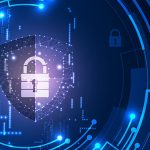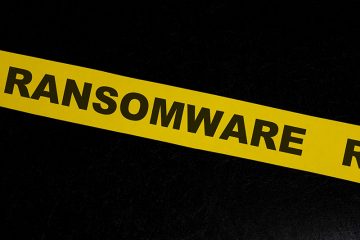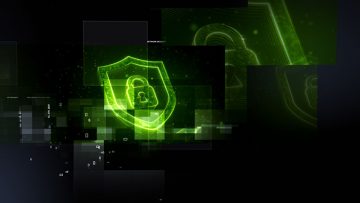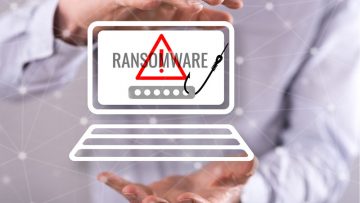SWIFT Ransomware Locks Infected Systems
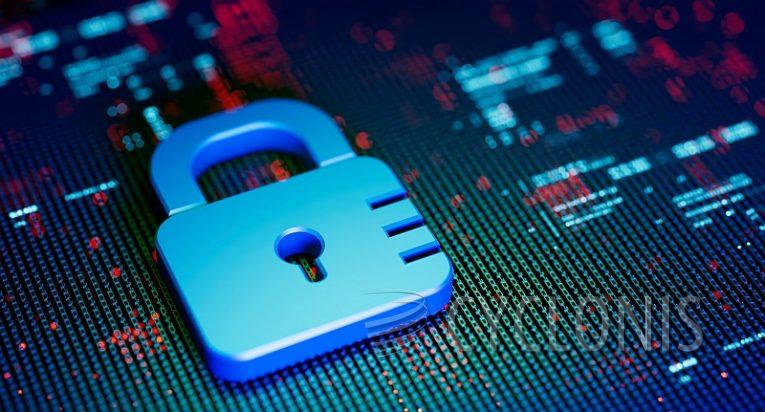
While analyzing new malware samples, we identified a ransomware variant associated with the Proton family, named SWIFT. Upon infiltrating a computer, SWIFT encrypts and alters the names of files, changes the desktop background, and generates a ransom note titled "#SWIFT-Help.txt."
To modify file names, SWIFT appends the email address swift_1@tutamail.com and adds the ".SWIFT" extension. For instance, it transforms "1.jpg" into "1.jpg.[swift_1@tutamail.com].SWIFT," and "2.png" becomes "2.png.[swift_1@tutamail.com].SWIFT," and so forth.
The ransom note commences with a description of the situation, asserting that the attackers have utilized AES and ECC algorithms to encrypt and seize all of the victim's files, rendering file recovery impossible without their decryption service.
Subsequently, the note outlines the recovery steps, emphasizing the cybercriminals' financial motives and proposing the exchange of payment for decryption software and data destruction. To demonstrate their capability, the group recommends sending an inconsequential file under 1 MB for decryption as proof of their commitment to fulfilling their promises.
Contact details, such as the email address (swift_1@tutamail.com) and Telegram ID (@swift_support), are provided, with an alternative email address (swift@onionmail.com) suggested if there's no response within 24 hours. The victim is instructed to include their personal ID in the email subject.
In conclusion, the note advises against seeking assistance from recovery companies, cautioning about potential exploitation by middlemen for profit. Additionally, the victim is warned not to delay payment and to refrain from deleting or altering encrypted files to avoid complications with the decryption process.
SWIFT Ransom Note in Full
The complete text of the SWIFT ransom note goes as follows:
SWIFT
What happened?
We encrypted and stolen all of your files.
We use AES and ECC algorithms.
Nobody can recover your files without our decryption service.How to recover?
We are not a politically motivated group and we want nothing more than money.
If you pay, we will provide you with decryption software and destroy the stolen data.What guarantees?
You can send us an unimportant file less than 1 MG, We decrypt it as guarantee.
If we do not send you the decryption software or delete stolen data, no one will pay us in future so we will keep our promise.How to contact us?
Our email address: swift_1@tutamail.com
Our Telegram ID: @swift_support
In case of no answer within 24 hours, contact to this email: swift@onionmail.com
Write your personal ID in the subject of the email.Your personal ID: -
Warnings!
Do not go to recovery companies, they are just middlemen who will make money off you and cheat you.
They secretly negotiate with us, buy decryption software and will sell it to you many times more expensive or they will simply scam you.Do not hesitate for a long time. The faster you pay, the lower the price.
Do not delete or modify encrypted files, it will lead to problems with decryption of files.
How Can You Safeguard Your Data from Ransomware?
Safeguarding your data from ransomware requires a proactive and multi-layered approach. Here are some key steps you can take to protect your data from ransomware attacks:
Backup Regularly:
Regularly back up your important data, and ensure that backups are stored offline or in a separate, secure location. This can help you restore your files if they are encrypted by ransomware.
Use Reliable Security Software:
Install and regularly update reputable antivirus and anti-malware software. This software can detect and block known ransomware threats.
Keep Software Updated:
Regularly update your operating system, software, and applications. Software updates often include security patches that can help protect against vulnerabilities exploited by ransomware.
Educate and Train Employees:
Train employees on security best practices, including how to recognize phishing emails and suspicious links. Human error is a common entry point for ransomware attacks.
Use Email Security Measures:
Implement email filtering solutions to block phishing emails and malicious attachments. Be cautious when clicking on links or downloading attachments from unknown or unexpected sources.
Limit User Privileges:
Restrict user access to the minimum level necessary for their job functions. This can help limit the impact of a ransomware attack by reducing the number of files accessible to potential threats.
Network Segmentation:
Segment your network to isolate critical systems and sensitive data. This can prevent the rapid spread of ransomware across your entire network.





